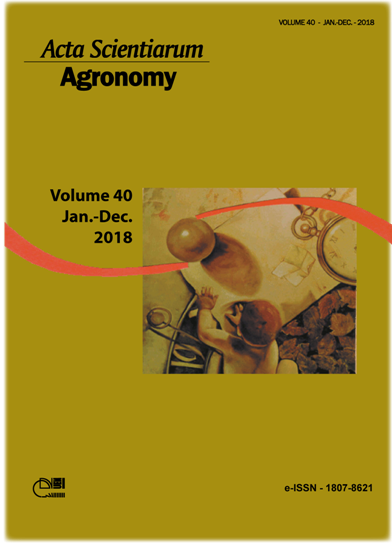<b>Increased transient genetic transformation <i>in immature</i> embryos of Brazilian BR 451 maize co-cultivated with <i>Agrobacterium tumefaciens
Abstract
Genetic engineering has amplified the possibilities of crop breeding and supported sustainability ideals. Agrobacterium tumefaciens is the preferred transformation system, since it produces transgenic plants with more stable transgene expression and inheritance. The agrobacteria and plant tissue must be co-cultivated in conditions that allow gene transfer. This study aimed to evaluate how co-cultivation time and temperature affect the transformation of immature maize embryos of the Hi-II hybrid (model genotype) and the Brazilian BR 451 variety with A. tumefaciens EHA101:pTF102. The pTF102 plasmid carries a uidA reporter gene that enables transient transformation to be quickly verified by GUS histochemical assays. Increasing the co-cultivation period from three to five days at 20°C resulted in a higher number of GUS positive embryos and blue spots per embryo in the BR 451 Brazilian variety, indicating better bacterial T-DNA transfer into the target explant cells. This condition raised the BR 451 response level to match the response level of the Hi-II control genotype, indicating that this Brazilian variety is suitable for genetic transformation.
Downloads
DECLARATION OF ORIGINALITY AND COPYRIGHTS
I Declare that current article is original and has not been submitted for publication, in part or in whole, to any other national or international journal.
The copyrights belong exclusively to the authors. Published content is licensed under Creative Commons Attribution 4.0 (CC BY 4.0) guidelines, which allows sharing (copy and distribution of the material in any medium or format) and adaptation (remix, transform, and build upon the material) for any purpose, even commercially, under the terms of attribution.




















































